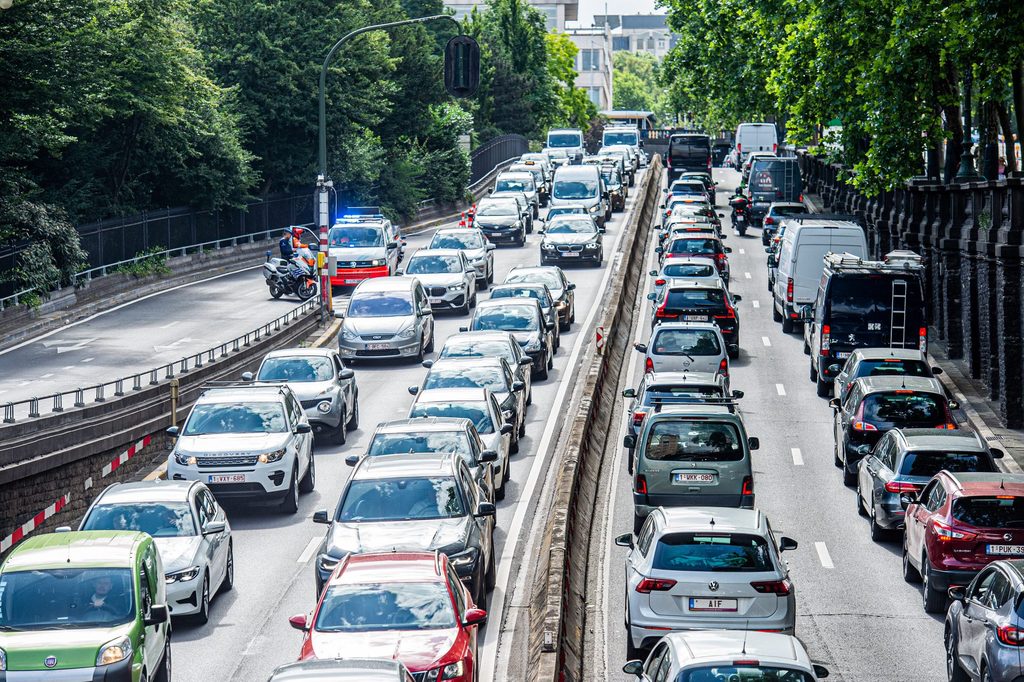Companies across Belgium have called for sweeping changes in the country's transportation network and urged the Federal and Regional Governments to step up their efforts to reduce the high levels of congestion in major cities.
On Monday, the Federation of Enterprises in Belgium (FEB), a non-profit which represents companies in all three of the country's regions, issued a study entitled 'Strategy and Action Plan for Better Mobility' in which it detailed the changes it believes are required to improve Belgium's transportation network.
Among other things, the report calls for a "modernisation" of Belgium's ageing infrastructure, a "clear [and] coordinated" mobility strategy developed by all levels of the Belgian Government, and major improvements in vehicles' efficiency to reduce greenhouse gas emissions.
The FEB also argued that public-private partnerships "should be encouraged" to mitigate the impact of these changes on Belgium's already high levels of government debt.
"The mobility of people and goods is essential for the proper functioning of our society," the report added. "Although some progress is already being made, we continue to have heavy congestion on our roads, the efficiency of our transport leaves a lot be desired, and our transport emissions do not meet the necessary greenhouse gas reduction requirements."
The report follows another study published by the same organisation earlier this year. The study found that the Belgian economy lost €4.8 billion due to traffic jams in 2022: equivalent to roughly 1% of GDP, or the amount that Belgium currently spends each year on defence.
Chronic congestion
The FEB is not the only organisation to have highlighted the failings of Belgium's transportation network over the past few months.
The most recent TomTom Index named Brussels the city with the 14th worst traffic in the world and the 7th worst in Europe. It added that the average Brussels dweller spent almost four full days (91 hours) stuck in traffic in 2022, emitting 202 kg of CO2 in the process.
Related News
- Brussels named 14th most congested city in the world
- Over €4.8 billion lost due to traffic jams in Belgium last year
Furthermore, a study published last month by BNP Paribas Fortis, Belgium's largest bank, found that Belgium's transportation network is significantly worse than that of other European countries.
BNP awarded Belgium a score of just 4 out of 100 in its 'mobility index': the worst score in the EU, and well below the Netherlands (93), Germany (50) and France (21).
Perhaps even more worryingly, BNP noted that, along with its high levels of public debt and low labour participation, Belgium's poor mobility network poses a major threat to its long-term economic resilience.

